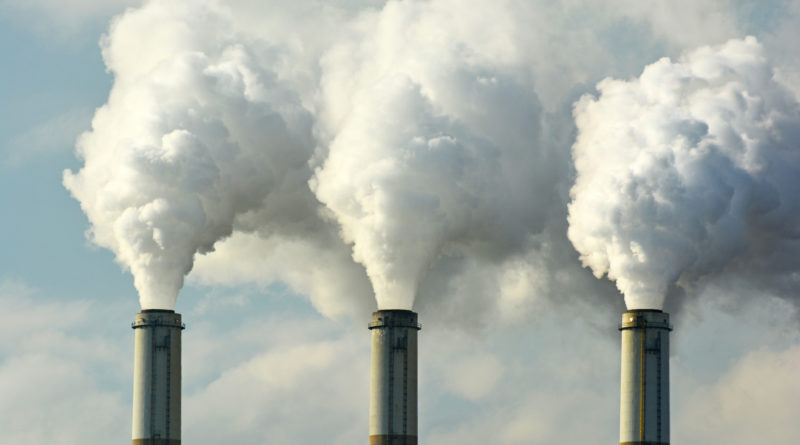Who’s Opposing The Green New Deal, And Why?
23,925 total views, 1 views today
A new set of legislators was sworn into Congress earlier this year. Among the most prominent of these new representatives has been Rep. Alexandria Ocasio-Cortez (D-NY). She has all but dominated national headlines since she won her district’s Democratic primary last summer, and one piece of legislation she’s introduced since entering the House of Representatives has been all over the media lately.
Last month, Ocasio-Cortez rolled out a massive set of legislative overhauls that she titled the Green New Deal. She and Senator Ed Markey (D-MA) co-sponsored the legislation, which aims to restructure the U.S. economy in such a way that America will no longer emit any carbon within the next decade. The policies outlined in the bill were met with simultaneous praise and skepticism — although curbing emissions is a vital mission in the 21st century, how realistic are the changes that the Green New Deal proposes?
To understand the conversations happening around the bill, which has yet to fade from public focus, it’s important to know a bit about how Rep. Ocasio-Cortez and Sen. Markey would plan to restructure the economy. The Green New Deal outlines the creation of millions of well-paying American jobs that pertain to infrastructure and community-based projects. Job training and education for those working on the Green New Deal would be provided. The bill says nothing about how these initiatives would be funded, just as it doesn’t explicitly ban any one form of energy production or call for a carbon tax.
Criticism pertaining to the Green New Deal has tackled the many topics the bill doesn’t address. Although Jacobin and The Hill have hailed the bill’s vision as the only solution for a potentially catastrophic future, news sources including Wired have noted that the Green New Deal is built on vague and ill-defined language and that, when the bill’s language is more specific, it lays out potentially unachievable goals such as the full-scale elimination of air travel.
Other outlets such as Fox News and The Washington Times have run articles criticizing the bill. Sebastian Gorka, a former member of the Trump Administration, has argued against the bill by framing it as a government mandate that people not drive pickup trucks, live in homes powered by fossil fuels, or eat meat.
As well, voices from all political mindsets and parties have balked at the bill’s perceived ban on political candidates accepting money from the fossil fuel industry. Although some people might associate fossil fuel contributions with Republican politicians, longtime Democratic congresspeople have also funded campaigns on fossil fuel money, including Sen. Joe Manchin (D-W.VA), Rep. Frank Pallone (D-NJ), and even Speaker of the House Nancy Pelosi (D-CA), who infamously dismissed the Green New Deal as “the green dream or whatever.”
Because the Green New Deal is built on ambiguous language, the arguments for and against it are varied and numerous. As the bill moves further within the two houses of Congresses, surely more will be reported on it — and Ocasio-Cortez will dominate the news cycle yet again.

